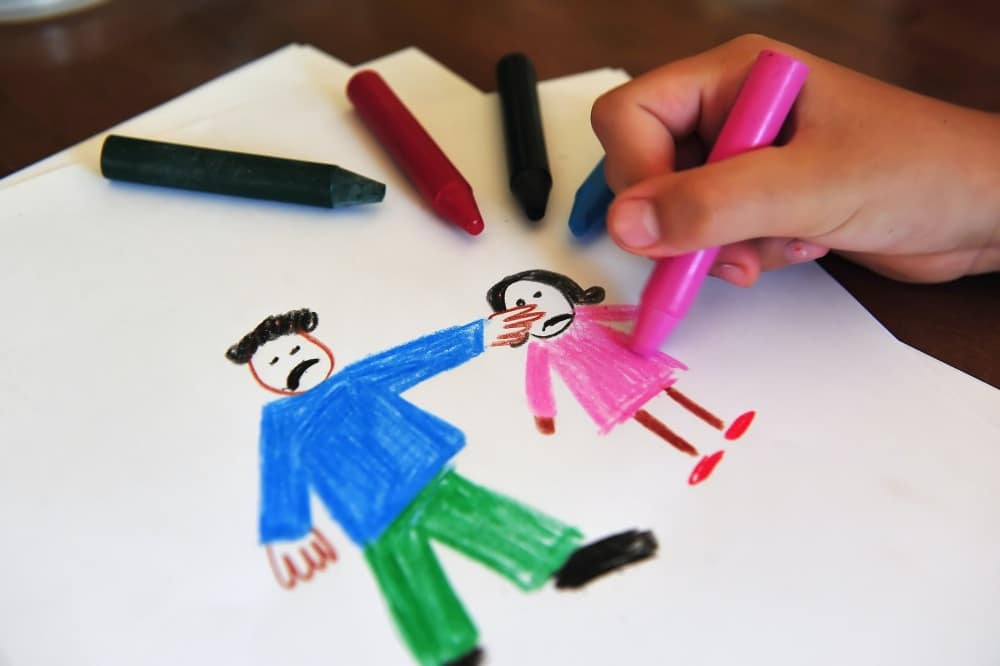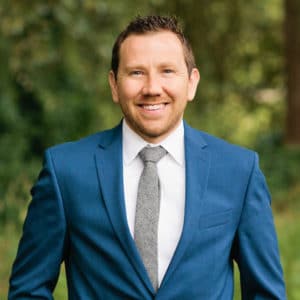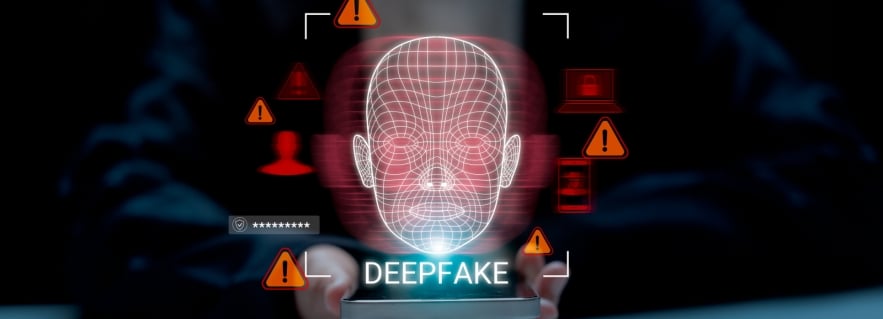Your Rights and Next Steps in Washington State Discovering that someone created a fake or AI-generated video of you can…
Washington Supreme Court Expands Protections for Survivors of Childhood Sexual Abuse

In a decision issued today, the Washington Supreme Court ruled that survivors of childhood sexual abuse may still seek justice under the state’s special statute of limitations, even if the abuse continued into adulthood. This is a critical step forward for survivors whose abuse did not stop at age 18.
What the Court Decided
In M.R. v. State of Washington et al., the court addressed whether RCW 4.16.340, the statute of limitations for civil claims based on childhood sexual abuse, can also apply to abuse that continued into adulthood. The answer is yes.
The Court held that survivors are not barred from bringing claims for abuse that began in childhood and continued into adulthood, as long as the childhood abuse forms the foundation of the claim. “The plain language of RCW 4.16.340 indicates that it does not preclude [victims] such as M.R. from bringing sexual abuse claims that stem from childhood sexual abuse that continues into the victim’s adulthood,” the Court wrote.
This means that survivors can potentially pursue claims under RCW 4.16.340 for adult abuse if it was part of a continuous pattern rooted in childhood abuse.
Background of the Case
The case involved M.R., who was 17 when she met Cody Butler, a women’s basketball coach at Yakima Valley Community College. At a recruitment event, Butler groped her and made sexually inappropriate comments. When M.R. turned 18 and enrolled at the college, the abuse continued. Butler provided her with alcohol, made unwanted sexual advances, and manipulated her through his position of power over her as a coach and mentor.
More than 15 years later, M.R. filed suit against Butler, the college, and the State of Washington.
The State argued that her claims related to abuse after age 18 were barred by the standard statute of limitations and that RCW 4.16.340 should not apply. But M.R. asserted that the abuse was part of a continuous and indivisible pattern of exploitation that began before she reached adulthood.
Why This Ruling Matters
This ruling recognizes the lived experiences of many survivors. Childhood sexual abuse often does not stop on a person’s 18th birthday. Abusers may continue to exploit their victims into adulthood, especially in situations involving manipulation, grooming, and abuse of authority.
The Court’s decision affirms that:
- For the purpose of applying RCW 4.16.340, survivors do not need to separate their trauma into “before 18” and “after 18” categories when the abuse is part of one ongoing pattern.
You are Note Alone. We Are Here to Help.
At Washington Law Center, we believe survivors. If you were sexually abused as a child, even if the abuse continued into adulthood, we may be able to help you hold your abuser accountable under Washington law even if many years have passed.
Contact us today for a confidential, free consultation with an experienced attorney. We are here to support you with compassion, strength, and legal expertise.




